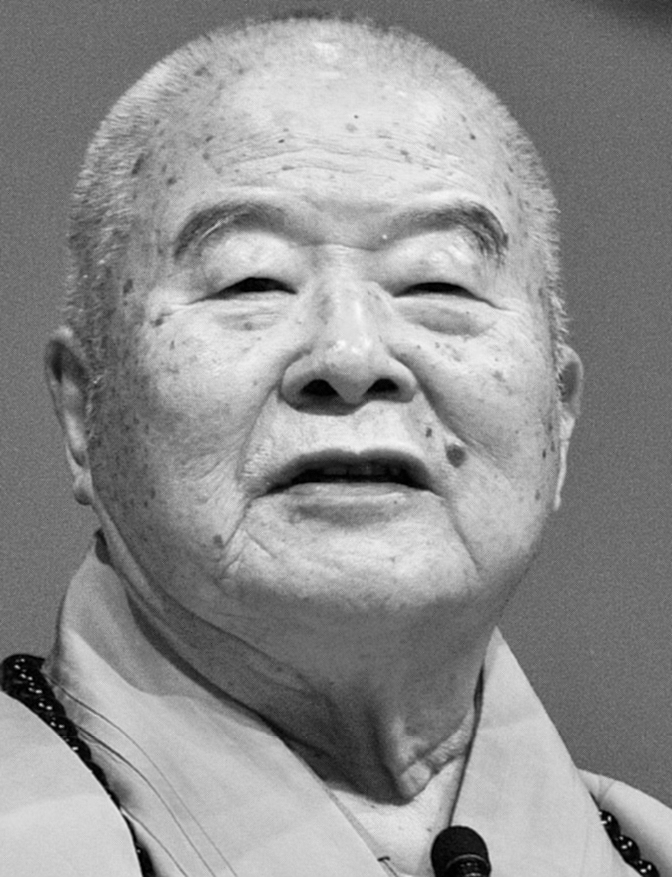Fo Guang Shan founder Hsing Yun dies at 95


Hsing Yun, founder of Fo Guang Shan Monastery in Kaohsiung, Taiwan, and an influential monk who died at the age of 95 on Sunday, had played an irreplaceable role in promoting peace and reunification across the Taiwan Straits, an expert on Taiwan studies said.
Fo Guang Shan confirmed in a statement early Monday that Hsing Yun had passed away peacefully at 5 pm in the monastery the day before and a memorial service will be held on Feb 13.
Besides his great achievements in practicing Buddhism, Hsing Yun had also played an irreplaceable role in promoting cross-Straits exchanges and peaceful reunification, Zhu Songling, a professor on Taiwan studies from Beijing Union University, said on Monday.
"He always hoped to see peace around the world, and peaceful cross-Straits development and reunification are important parts of his wish. Furthermore, he had been using his actions to promote what he believes in and influence others," Zhu said.
During the second World Buddhist Forum in Wuxi, Jiangsu province, in 2009, Hsing Yun said that "all Taiwan people are Chinese".
Also, he said in earlier interviews that he always wants to make greater contributions to his motherland and see peaceful cross-Straits development. He also made clear that war will only leave unbearable consequences.
Meanwhile, many people who are dedicated to promoting peaceful cross-Straits development and stand against "Taiwan independence" in Taiwan are followers of Hsing Yun, Zhu said.
What's more, Hsing Yun had met with many Chinese leaders, which has shown the importance of his role in cross-Straits exchanges and development, he added.
In 2014, Hsing Yun met President Xi Jinping in Beijing as a member of a delegation from Taiwan.
During the meeting, Xi said he had read all the books that Hsing Yun had given him as gifts. Hsing Yun then said he believed that the pursuit of the Chinese dream will make the country stronger and more prosperous, and it's very inspiring.
Hsing Yun was born as Li Guoshen in 1927 to a poor family in Jiangsu province. At the age of 12, after traveling with his mother to Nanjing in an unsuccessful attempt to find his father, he visited the city's Qixia Temple and became interested in Buddhism.
After taking his religious vows, he later graduated from Jiaoshan Buddhist Seminary in 1947. He then moved to Taiwan in 1949.
In 1967 in Kaohsiung, Hsing Yun founded Fo Guang Shan as a monastery with the purpose of promoting the principles of Humanistic Buddhism and fostering peace and harmony among all peoples of the world.
Zhu said Hsing Yun's passing is a great loss to peace-loving people in both Taiwan and the Chinese mainland. His teachings will continue to influence people into the future.
- Survivor of Japan's 'comfort women' system dies
- 19 foreigners among China's first officially certified hotpot chefs
- China approves new lunar sample research applications from institutions
- Fishing, Hunting festival opens at Chagan Lake in Jilin
- A glimpse of Xi's global insights through maxims quoted in 2024
- China's 'Ice City' cracks down on ticket scalping in winter tourism




































